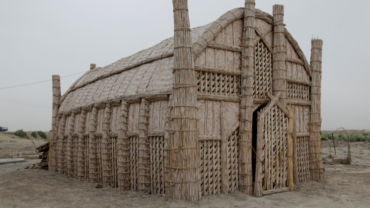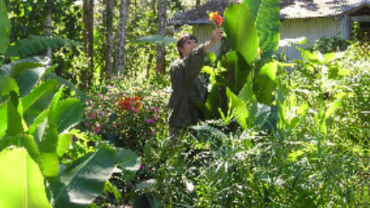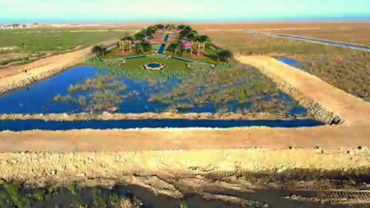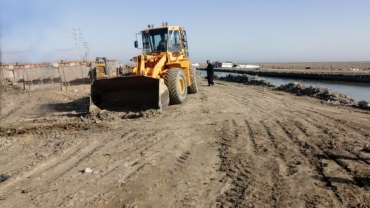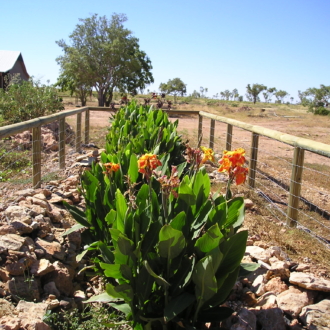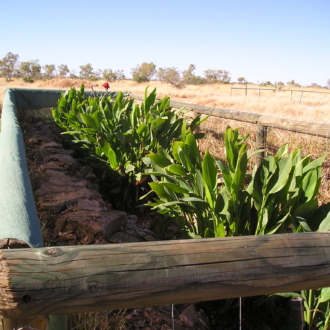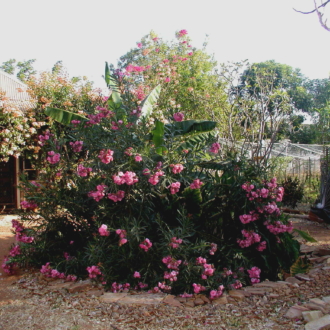WWGI
Wastewater Gardens International
PLEASE NOTE THAT THIS WEBSITE IS STILL IN CONSTRUCTION. Wastewater Gardens International aims to address the global challenges associated with wastewater management. We focus on three key issues: the contamination of drinking and freshwater supplies in countries lacking sewage treatment, leading to high disease-rate, poverty and death, the contamination of coastal areas leading to rapid eutrophication, rendering those key areas for fish reproduction no longer available and finally the waste of resources, high cost, fragility and environmental impact that ‘conventional’ sewage treatment plants represent.
Abundant research demonstrates the immense negative consequences of sewage contamination on human societies, economies and overall ecosystems health, causing massive overall environmental degradation to freshwater resource, water bodies and ocean coastal areas. To tackle these problems, WWGI promotes the adoption of constructed wetlands systems as a means to recycle organic nutrients, return water into the natural biospheric cycle and reduce water resource demands by creating additional (or feeding existing) vegetation zones. Wetlands are also increasingly being identified as important carbon and nutrient sinks, contributing to mitigate climate change.
We aim to design high-biodiversity sewage treatment plants and to empower people through our over 40 years+ of accumulated research/implementation on ‘all’ continents via training workshops. By involving local communities when possible in the implementation and expansion of constructed wetlands (Wastewater Gardens – WWG) systems, we reduce reliance on imported equipment, save resources, and minimize energy consumption. Each WWG that we have designed and implemented is depicted as a transformative space that utilizes human waste to generate flowers, fruits, and other usable products, while safeguarding human health and local ecosystems.
For more in-depth information or educational resources, please consult our root website https://www.wastewatergardens.net.
Team of Experts
our team
Our team is internationally committed to spreading constructed wetland ecotechnology into the areas most in need: countries with little sanitation infrastructure, semi-desert/desert and tropical climates, ocean and/or waterways coastlines and lands where water conservation and reutilization is essential.








